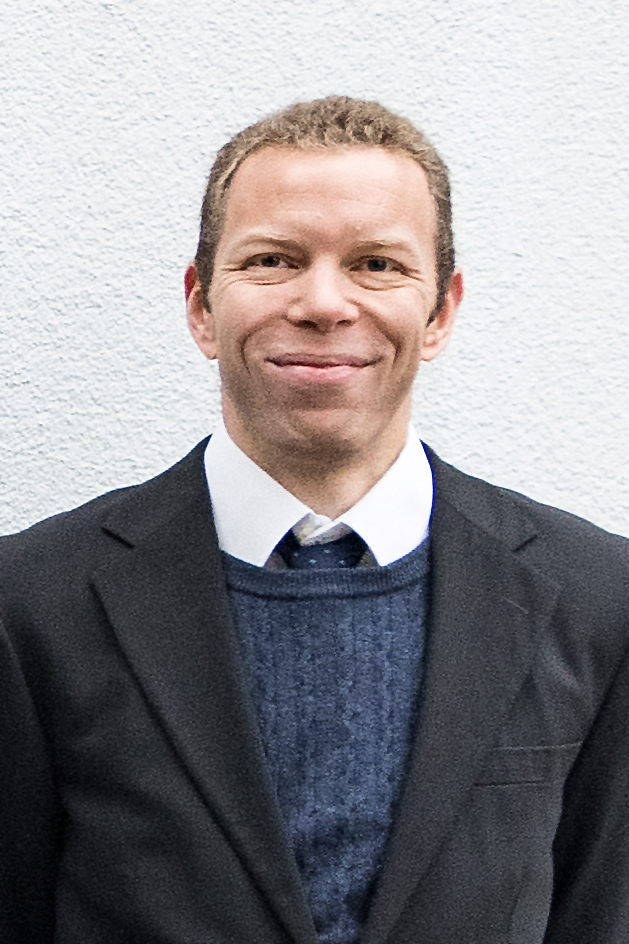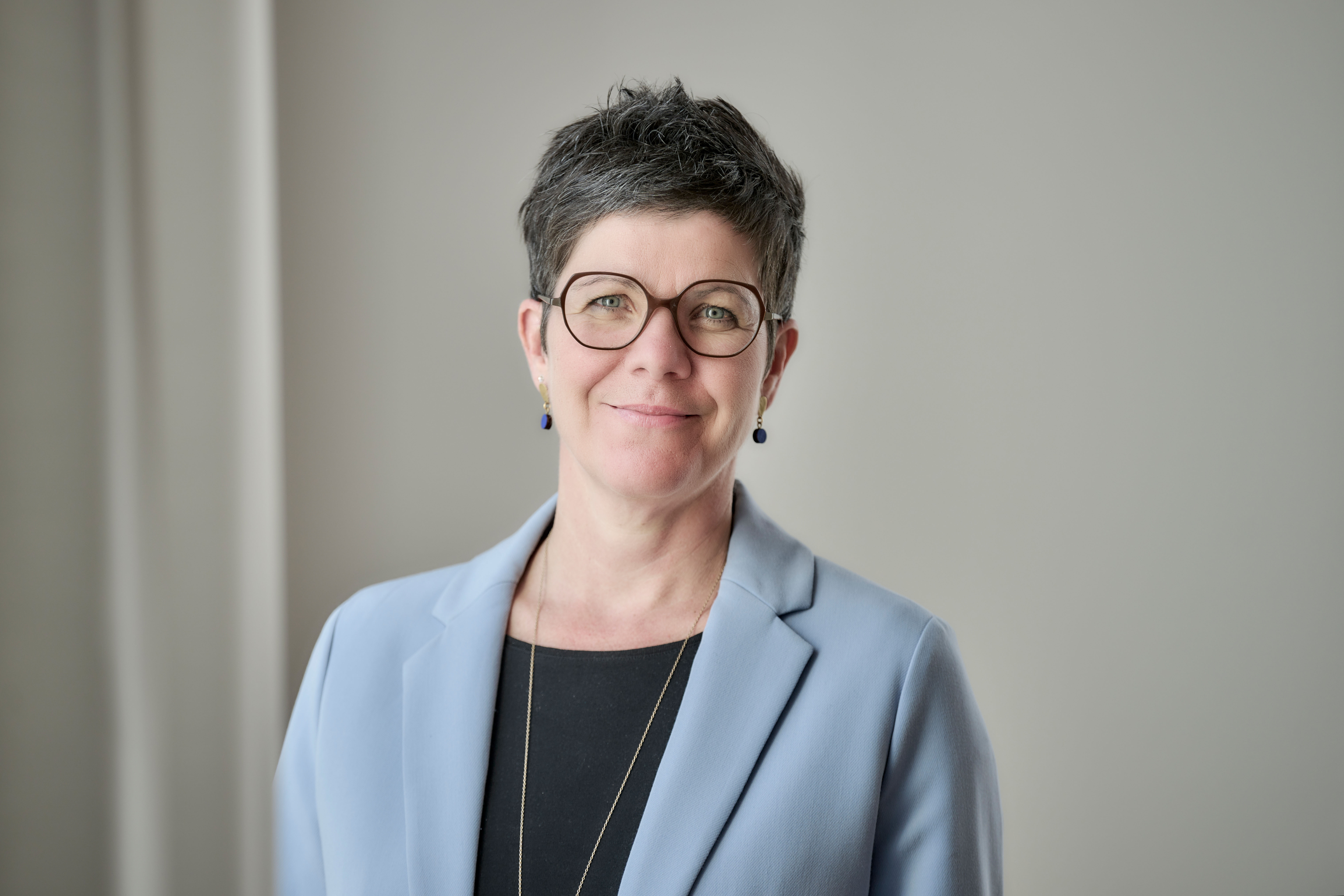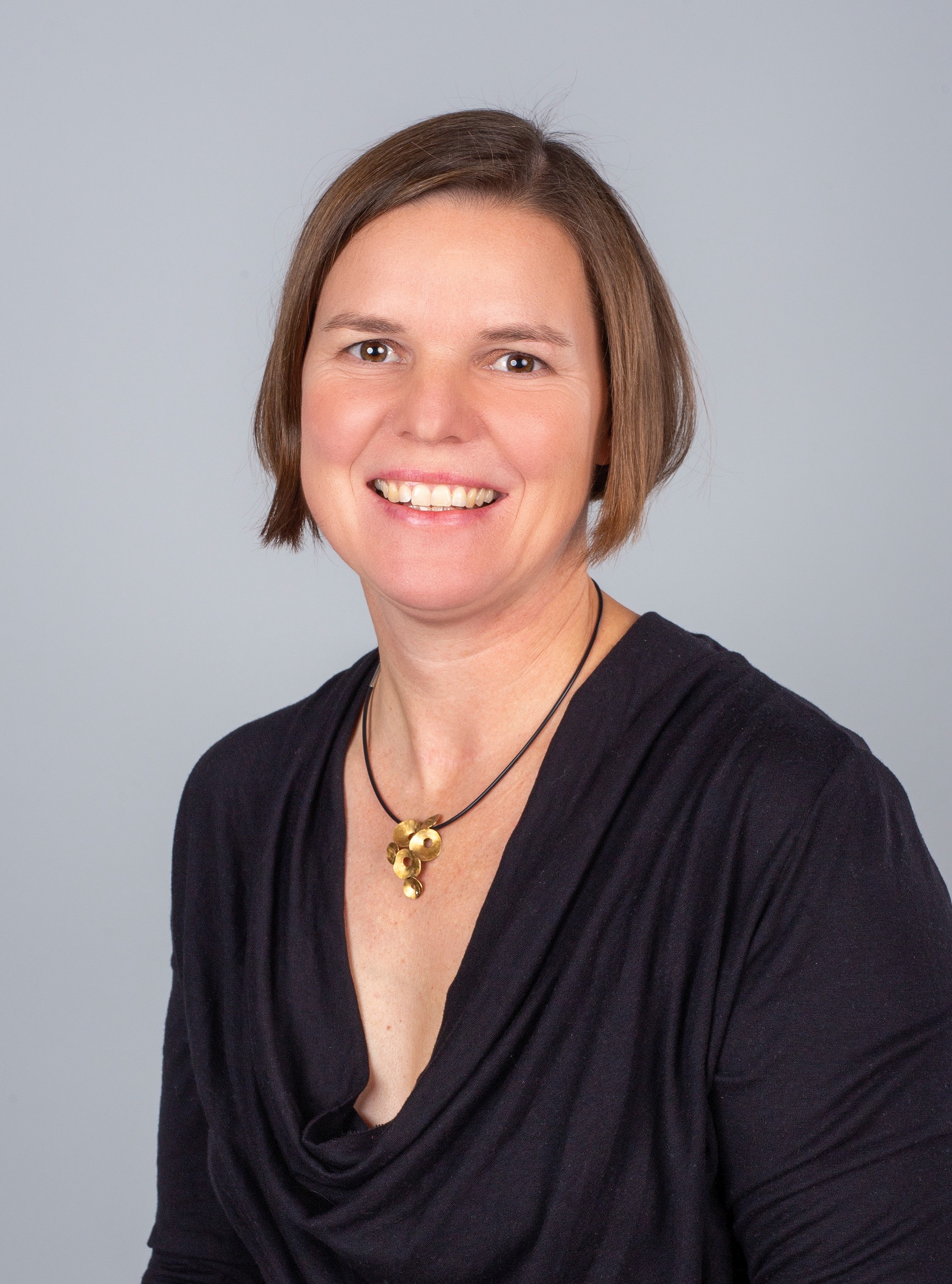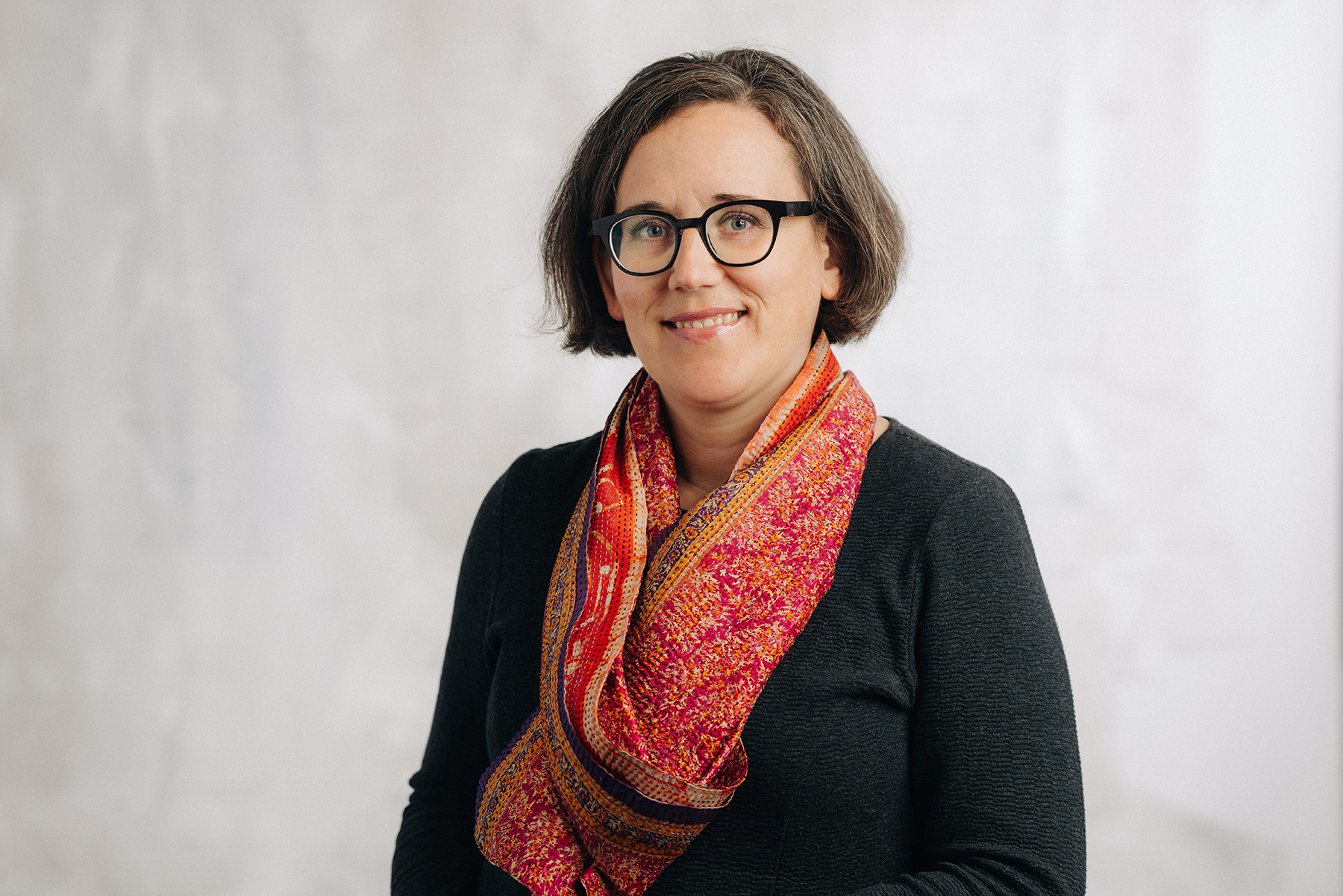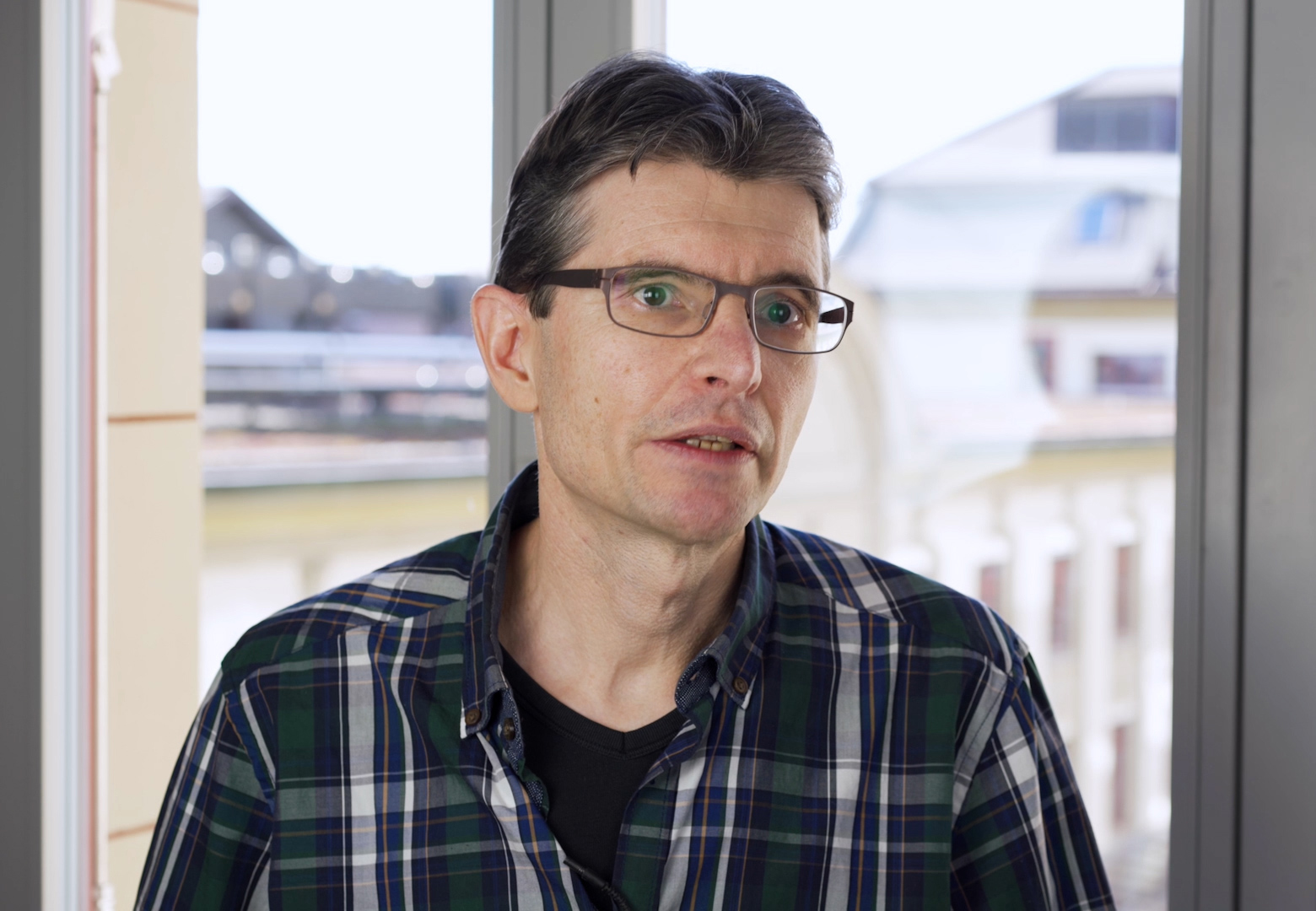International research initiatives led by University of Bern receive funding
The Swiss National Science Foundation (SNSF) has awarded funding to three projects led by the University of Bern as part of the SPIRIT program, promoting cross-border and collaborative research endeavors. These research initiatives delve into topics concerning potentially habitable exoplanets, female entrepreneurship in Switzerland and Colombia, and the combined use of medication and psychotherapy for depression treatment in Zimbabwe.
Through the SPIRIT program, the Swiss National Science Foundation (SNSF) bolsters the exchange of knowledge between Swiss researchers and scholars from select countries receiving developmental assistance. Research projects are backed by consortia comprising two to four nations, covering a wide range of disciplines. Applicants can seek project funding ranging from 50,000 to 500,000 Swiss Francs for periods spanning two to four years. "The three projects from Bern span diverse fields, showcasing robust international networking with research partners from countries with limited resources. Much like all SPIRIT projects, they contribute to promoting equality of opportunity, which is a core value of our University," comments Hugues Abriel, Vice Rector for Research at the University of Bern.
Exploring exoplanets around enigmatic celestial bodies
The first project from the University of Bern is titled "Exoplanets orbiting brown dwarfs" and was jointly submitted with Yilen Gómez Maqueo Chew of the Universidad Nacional Autónoma de México. This initiative has secured funding totaling around 500,000 Swiss Francs, has started in September 2023, and is slated to span four years. Leading the project is Brice-Olivier Demory from the Center for Space and Habitability (CSH).
This project delves into the realm of brown dwarfs – astronomical entities that bridge the gap between the most massive planets and the least-massive stars. Researchers are aiming to discover the very first low-mass exoplanet orbiting a brown dwarf. They are particularly on the lookout for Earth-sized planets, with the intention of investigating their atmospheres, origins, and evolution. This also includes probing whether some of these worlds could be potentially habitable.
"We are living in exciting times as the discovery of life beyond Earth is next door and could happen within the next one or two decades," comments Brice-Olivier Demory. "The collaboration with the Universidad Nacional Autonoma de Mexico helps to foster the collaboration between Mexico and Switzerland and including knowledge and technology transfer," adds project collaborator Christoph Mordasini from the Department of Space Research and Planetary Sciences at the University of Bern's Physics Institute.
Resilience of women entrepreneurs in times of crisis
Heading the second project, "Female entrepreneurship during multiple crises: An intersectional perspective on entrepreneurial ecosystems in Switzerland and Colombia," is Heike Mayer from the Institute of Geography. This collaborative effort was submitted in partnership with Jana Schmutzler from the Universidad del Norte in Colombia. The project has secured funding of approximately 500,000 Swiss Francs, starts in February 2024, and is set to span four years.
This initiative delves into understanding how women entrepreneurs in Switzerland and Colombia cope with diverse crises, such as the COVID-19 pandemic, and the related challenges they face. Field research will entail a comparison of two entrepreneurial ecosystems: focusing on Zurich in Switzerland and Barranquilla in Colombia. "In many countries, there are still fewer women than men taking the leap into entrepreneurship. Yet, there is immense potential, as women establish successful companies, engage as entrepreneurs across vastly different sectors, and formulate innovative business models," explains Heike Mayer, and adds: "We will investigate how entrepreneurial ecosystems in Switzerland and Colombia create a supportive environment for women entrepreneurs with diverse intersectional identities. This holds relevance, as the economy relies on innovation and entrepreneurship from all segments of society". Her project collaborator is Carolin Schurr from the Social and Cultural Geography Unit at the University of Bern's Institute of Geography.
Closing the treatment gap for depression in Zimbabwe
The third project, titled "Combining antidepressants with psychological therapy to improve depression outcome in Zimbabwe," is led by Monika Müller from the University Clinic of Psychiatry and Psychotherapy at the University Psychiatric Services Bern (UPD), in collaboration with Dixon Chibanda from the University of Zimbabwe. This project has been awarded funding of approximately 500,000 Swiss Francs, will start in November 2023, and extends over a period of 3.5 years.
Mental health conditions, including depression, are on the rise even in resource-constrained nations, and the majority of people living with depression reside in the global South. However, between 75% and 90% of people living with depression in the global South do not receive adequate care. This research project partners with the "Friendship Bench" program that was developed locally in Zimbabwe and that aims at bridging the treatment gap in mental health. To improve treatment outcomes, the researchers intend to combine psychological interventions within the framework of the "Friendship Bench" with antidepressants. These are administered by trained lay health workers to enhance the mental well-being and quality of life of the patients.
"Our target population is patients with moderate to severe depression who typically are subject to a relevant loss of functioning due to the severity of their symptoms resulting in decreased workforce participation. This has relevant consequences on the economic and social wellbeing of not only the patients but also their families," explains Monika Müller, and adds: "The integration of antidepressant prescription by lay health workers into the 'Friendship Bench' approach will translate to improved healthcare in Zimbabwe beyond the scope of the study," Project collaborator Andreas Limacher from the Department of Clinical Research (DCR) at the University of Bern provides statistical and methodological support to the project.
Exoplanets orbiting brown dwarfsApplicants:
Project partner University of Bern:
Researcher project summary: One of the most fascinating goals in science is the discovery of signs of life beyond the Earth. The first planet orbiting another star than the sun (exoplanet) has been discovered almost 30 years ago led by a team of Swiss researchers: Michel Mayor and Didier Queloz. This major breakthrough has since then entertained the hope that signs of life could be detected in the future on Earth-sized exoplanets located at several light years from the Earth. To get there, we need to find those small, rocky exoplanets that have temperate climates to potentially harbour liquid water at their surfaces. The discovery of the 7-planet system TRAPPIST-1 has shown that these worlds are within reach, thanks to the low temperature of their host star. Most importantly, TRAPPIST-1 planets are among the very few Earth-like planets for which the recently launched James Webb Space Telescope (JWST) could tell us something about the chemistry of their atmospheres, and perhaps detect combination of gases that are produced by life (biosignature gases). Our SPIRIT project aims at discovering new Earth-sized planets orbiting the coolest possible hosts: brown dwarfs. Thanks to their small size and even lower temperature than TRAPPIST-1, brown dwarfs are amongst our best avenue to detect potentially habitable exoplanets that could be characterised with JWST. Using the SAINT-EX observatory in Mexico, led by the University of Bern, our SPIRIT project will perform a deep search of planets around the brightest brown dwarfs and shed light on their formation and evolution pathways as well as their habitability prospects to eventually help answering one of the most exciting questions humankind ever asked: “are we alone?” The researchers on international collaboration within the project: This SPIRIT project is co-led by Prof. Yilen Gomez Maqueo Chew from the University of Mexico (UNAM). Prof. Gomez Maqueo Chew and Prof. Demory have a long-standing collaboration that started in 2016 when designing and planning the installation of the SAINT-EX observatory in Baja California (Mexico). SAINT-EX is at the heart of this collaboration for the many years to come. About Brice-Olivier Demory Brice-Olivier Demory is Professor of Astrophysics at the University of Bern. He obtained his MSc in physics from EPFL in 2005 and PhD from the University of Geneva in 2009 with Didier Queloz. He then spent three years at MIT (USA) and three others at the University of Cambridge (UK) as a Postdoctoral fellow. Since 2016, he leads in Bern the Exoplanets and Origins of Life research group that aims to search for Earth-twin exoplanets and to detect living organisms on other planets using novel instrumentation. He is Principal Investigator of the SAINT-EX Observatory and has been a Science Team member of several NASA and ESA space missions since 2010. Contact: About Christoph Mordasini Christoph Mordasini is a Professor of Theoretical Planetology and serves as the Co-Director of the Department of Space Research and Planetary Sciences at the University of Bern's Physics Institute. His primary focus lies in researching the formation and evolutionary processes of planets. This includes both planets within our solar system and those orbiting other stars. His approach involves employing numerical simulations and analytical models. A significant portion of his research involves statistically comparing the predictions made by theoretical models with actual astronomical observations. In addition, he is an active member of various international consortia engaged in the development of ground-based and space-based instruments designed to discover and characterize extrasolar planets. Contact: |
Female entrepreneurship during multiple crises: An intersectional perspective on entrepreneurial ecosystems in Switzerland and ColombiaApplicants:
Project partner University of Bern:
Researcher project summary: Through this project, our aim is to explore how women entrepreneurs in Switzerland and Colombia navigate the complexities of various crises and the associated challenges. By crises, we refer to scenarios such as the COVID-19 pandemic or economic disruptions linked to conflicts and natural disasters. The project centers on what are known as entrepreneurial ecosystems, which operate on a regional level to support entrepreneurship and thereby foster the economic development of the area. We delve into the question of how women entrepreneurs are integrated (or not) into these regional ecosystems. Additionally, we are intrigued by the extent to which intersectional attributes like age, origin, migration background, etc., influence the entrepreneurial endeavors of women and their integration within these ecosystems. The research involves a comparison of two entrepreneurial ecosystems: In Switzerland, our fieldwork is centered around Zurich, while in Colombia, we will study the city of Barranquilla. The researchers about the project's background: Across many countries – not just in Switzerland and Colombia – there continues to be a lower number of women compared to men taking the leap into entrepreneurship. However, there is significant potential here, as women establish successful companies, engage as entrepreneurs across vastly different sectors, and develop innovative business models. Moreover, entrepreneurship offers them the opportunity for independence and autonomy. Yet, there exists the implicit assumption that female entrepreneurs have the same opportunities or are treated equally as their male counterparts. However, research indicates otherwise, and as a result, the support measures (location promotion, entrepreneurship support) are not gender-specific or suitable for women entrepreneurs. In this project, we will investigate how entrepreneurial ecosystems in Switzerland and Colombia provide a supportive environment for women entrepreneurs with various intersectional identities. This holds relevance, as the economy relies on innovation and entrepreneurship from all segments of society. About Heike Mayer Heike Mayer has been a Professor of Economic Geography at the Institute of Geography since 2009, and is a member of the Center for Regional Economic Development (CRED) at the University of Bern. Additionally, as of August 1, 2023, she assumed the role of Vice Rector for Quality at the University of Bern, where she holds responsibility for equal opportunities among other aspects. Her research interests lie in the field of urban and regional economic development, with a specific focus on the dynamics of innovation and entrepreneurship, urban and regional economic policies, and socio-economic sustainability. Contact: About Carolin Schurr Carolin Schurr has held the position of Professor of Social and Cultural Geography at the University of Bern since 2018. She is also a Co-Director of the mLAB. As a feminist geographer, she delves into the ways in which processes of globalization impact intimate aspects of our lives. Her research is centered around inquiries into global and reproductive justice, transnational reproduction, as well as feminist, intersectional, and postcolonial theories. In addition, she engages in equality policy within her work at the university and as a feminist activist. Contact: |
Combining antidepressants with psychological therapy to improve depression outcome in Zimbabwe - the Friendship Bench Plus trial (FB+ trial)Applicants:
Project partner University of Bern:
Researcher project summary: Depression is the most common mental illness in Africa. Even though every fourth primary care attendee has depression, up to 90% of them go untreated. In part this is due to the scarcity of mental health care services. To relieve limited specialist care and yet respond to the high burden of disease, treatment of depression needs to be integrated into primary care and delivered by non-specialists. The Friendship Bench in Zimbabwe uses a brief psychological intervention that is delivered by lay health workers in primary care. To improve treatment outcomes guidelines propose to combine psychological interventions with antidepressants for people with severe depression. We therefore investigate how the Friendship Bench can be enhanced with antidepressants and will endorse a care model strictly implemented at primary care by lay health workers and general nurses. We will implement our trial in close collaboration with the Ministry of Health of Zimbabwe and the WHO. The researchers on collaboration with official institutions: Our study aligns with Zimbabwe's Ministry of Health's effort to scale up mental health care through primary health care. Our research is attentive to international mental health policy as depression is a priority condition covered by the WHO and Zimbabwe is one of the WHO’s target countries through its Special initiative to expand access to mental health care. We realise our research in close collaboration with the Ministry of Health and the WHO what ensures that our results gain the necessary impact. About Monika Müller Monika Müller is a psychiatrist, epidemiologist, and the founder of delta (www.delta-ngo.ch), an organization introducing new mental health services and enhancing existing ones in South India. She recently received her venia docendi from the University of Bern. Currently, she heads the community-based psychiatry service at the University Clinic of Psychiatry and Psychotherapy in Bern and serves as a guest lecturer at the Center for Global Mental Health at King's College in London. Contact: About Andreas Limacher Andreas Limacher earned his doctorate in Pharmaceutical Sciences from ETH Zurich and has been a statistician and clinical epidemiologist at the Clinical Trials Unit (CTU Bern) of the University of Bern since 2009. He has held the position of Head of Statistics and Methodology at the CTU since 2014, during which time he has already contributed to another study on depression and HIV in Zimbabwe. Andreas Limacher is also a member of the Cantonal Ethics Committee of the Canton of Bern. Contact: |
2023/09/07

